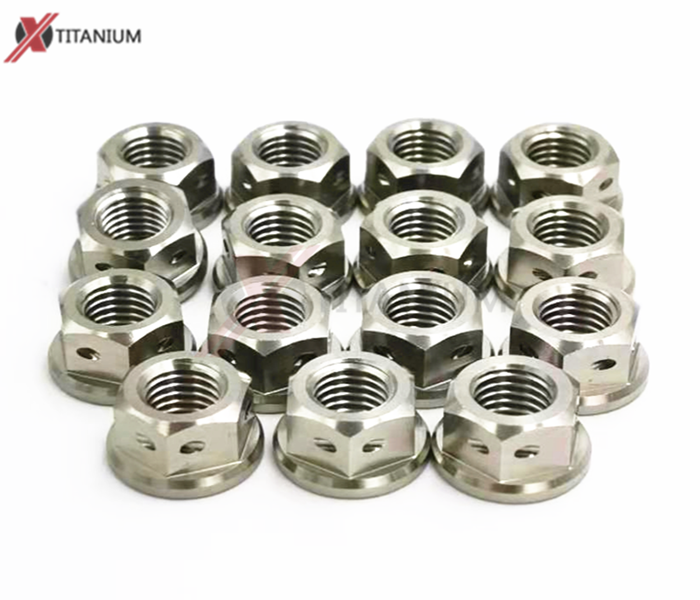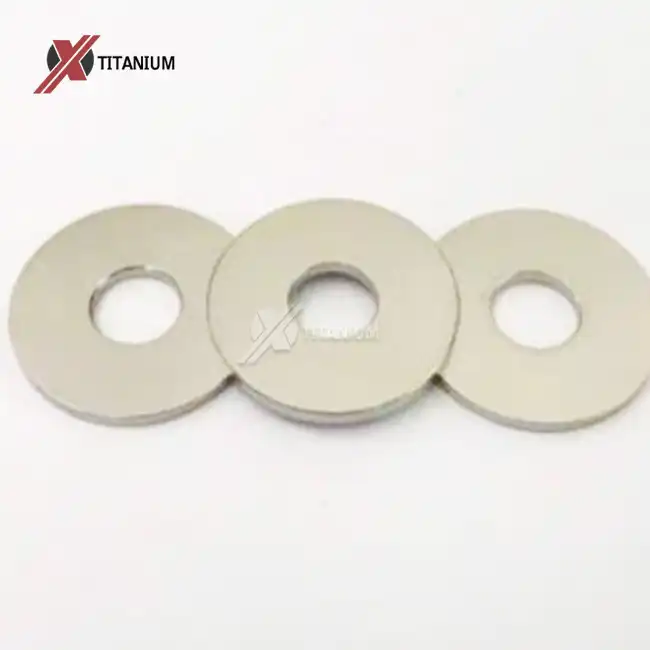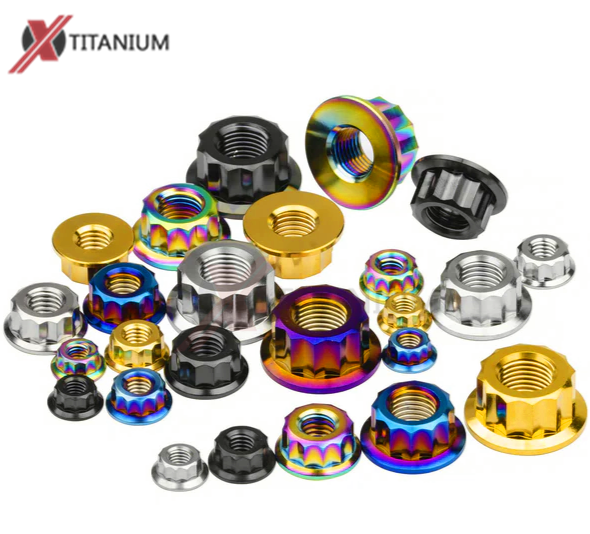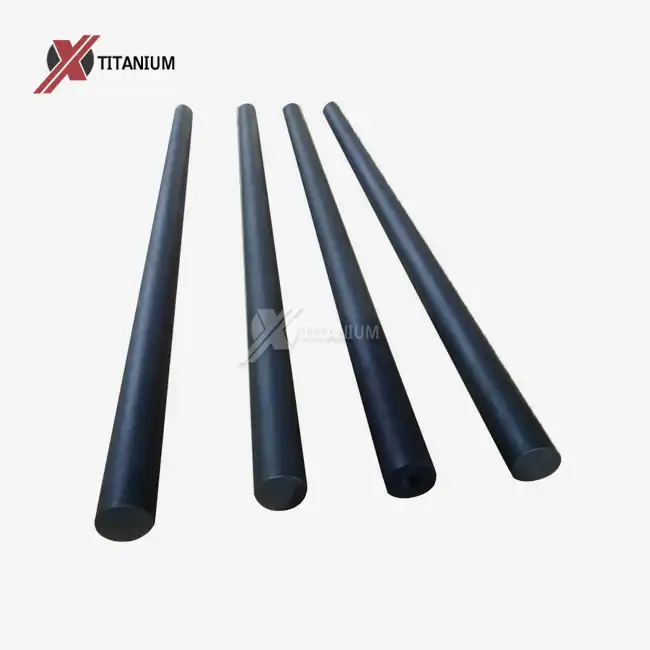- English
- French
- German
- Portuguese
- Spanish
- Russian
- Japanese
- Korean
- Arabic
- Greek
- German
- Turkish
- Italian
- Danish
- Romanian
- Indonesian
- Czech
- Afrikaans
- Swedish
- Polish
- Basque
- Catalan
- Esperanto
- Hindi
- Lao
- Albanian
- Amharic
- Armenian
- Azerbaijani
- Belarusian
- Bengali
- Bosnian
- Bulgarian
- Cebuano
- Chichewa
- Corsican
- Croatian
- Dutch
- Estonian
- Filipino
- Finnish
- Frisian
- Galician
- Georgian
- Gujarati
- Haitian
- Hausa
- Hawaiian
- Hebrew
- Hmong
- Hungarian
- Icelandic
- Igbo
- Javanese
- Kannada
- Kazakh
- Khmer
- Kurdish
- Kyrgyz
- Latin
- Latvian
- Lithuanian
- Luxembou..
- Macedonian
- Malagasy
- Malay
- Malayalam
- Maltese
- Maori
- Marathi
- Mongolian
- Burmese
- Nepali
- Norwegian
- Pashto
- Persian
- Punjabi
- Serbian
- Sesotho
- Sinhala
- Slovak
- Slovenian
- Somali
- Samoan
- Scots Gaelic
- Shona
- Sindhi
- Sundanese
- Swahili
- Tajik
- Tamil
- Telugu
- Thai
- Ukrainian
- Urdu
- Uzbek
- Vietnamese
- Welsh
- Xhosa
- Yiddish
- Yoruba
- Zulu
Why use titanium instead of stainless steel?
Titanium is increasingly preferred over stainless steel in various industries due to its superior properties. While both metals offer excellent corrosion resistance, titanium boasts a higher strength-to-weight ratio, making it ideal for applications where weight reduction is crucial. For example, titanium countersunk screws are commonly used in aerospace and marine applications, where reducing weight without compromising strength is essential. Titanium's biocompatibility surpasses that of stainless steel, making it the go-to choice for medical implants and devices. Additionally, titanium's ability to withstand extreme temperatures and its resistance to fatigue make it invaluable in high-performance environments.
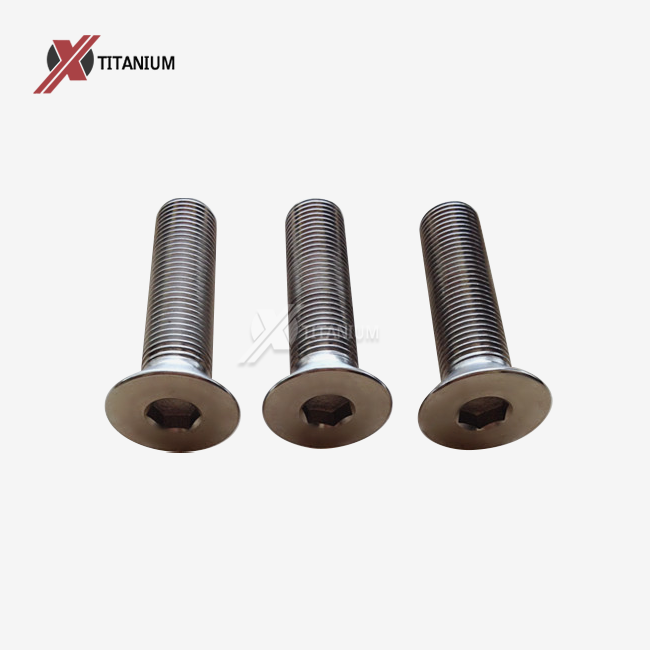
The Advantages of Titanium Countersunk Screws in Modern Engineering
Titanium countersunk screws have emerged as a game-changer in various engineering applications. These fasteners combine the inherent benefits of titanium with the practicality of a countersunk design, offering a flush finish that's both aesthetically pleasing and functionally superior. The use of titanium in these screws brings a host of advantages that set them apart from their stainless steel counterparts.
Unparalleled Strength-to-Weight Ratio
One of the most significant advantages of titanium countersunk screws is their exceptional strength-to-weight ratio. Titanium is renowned for being as strong as steel but 45% lighter. This characteristic makes titanium screws an ideal choice for applications where weight reduction is crucial, such as in aerospace engineering or high-performance automotive design. The reduced weight doesn't come at the expense of strength, ensuring that these screws can withstand high loads and stresses without compromising structural integrity.
Superior Corrosion Resistance
Titanium countersunk screws exhibit remarkable resistance to corrosion, outperforming even high-grade stainless steel in many environments. This property stems from titanium's ability to form a stable, protective oxide layer when exposed to oxygen. This layer acts as a barrier, preventing further oxidation and corrosion. As a result, titanium screws are particularly well-suited for use in marine environments, chemical processing plants, and other settings where exposure to corrosive substances is a concern.
Biocompatibility for Medical Applications
In the medical field, titanium countersunk screws are highly valued for their biocompatibility. Titanium is non-toxic and non-allergenic, making it safe for use in medical implants and devices. The body's tissues readily accept titanium, reducing the risk of rejection or adverse reactions. This property, combined with titanium's strength and corrosion resistance, makes these screws an excellent choice for orthopedic implants, dental prosthetics, and other medical applications where long-term integration with the body is necessary.
Design Considerations for Titanium Countersunk Screws
When incorporating titanium countersunk screws into a design, several factors must be considered to maximize their benefits and ensure optimal performance. These considerations range from material selection to installation techniques, all of which play a crucial role in the screw's effectiveness and longevity.
Material Grade Selection
Choosing the appropriate grade of titanium is essential for ensuring that the countersunk screws meet the specific requirements of the application. Grade 2 titanium, known for its excellent formability and moderate strength, is often used in less demanding applications. For high-stress environments, Grade 5 titanium (Ti-6Al-4V) is preferred due to its superior strength and fatigue resistance. The selection between these grades depends on factors such as the expected load, environmental conditions, and any specific industry standards that must be met.
Thread Design and Engagement
The thread design of titanium countersunk screws plays a critical role in their performance. Factors such as thread pitch, depth, and profile must be carefully considered to ensure optimal load distribution and prevent stripping or galling. Additionally, the length of thread engagement is crucial for maintaining the screw's holding power. Engineers must calculate the appropriate engagement length based on the material properties of both the screw and the substrate to achieve the desired strength and reliability.
Surface Treatment Options
While titanium naturally forms a protective oxide layer, additional surface treatments can enhance the performance of titanium countersunk screws. Anodizing, for instance, can increase the thickness of the oxide layer, improving corrosion resistance and providing color-coding options for easy identification. Nitriding can enhance the surface hardness, reducing wear in high-friction applications. The choice of surface treatment should be based on the specific environmental challenges and functional requirements of the application.
Applications and Industries Benefiting from Titanium Countersunk Screws
The unique properties of titanium countersunk screws make them invaluable across a wide range of industries and applications. Their combination of strength, light weight, and corrosion resistance opens up possibilities for innovative designs and improved performance in various fields.
Aerospace and Aviation
In the aerospace industry, where every gram counts, titanium countersunk screws are prized for their exceptional strength-to-weight ratio. These fasteners are used in aircraft structures, engine components, and spacecraft, contributing to fuel efficiency and payload capacity. The ability of titanium to withstand extreme temperatures and resist fatigue makes these screws ideal for high-stress areas in aircraft, such as wing attachments and fuselage sections.
Marine and Offshore Engineering
The marine environment is notoriously harsh on metals, but titanium countersunk screws excel in this setting. Their resistance to saltwater corrosion makes them ideal for use in shipbuilding, offshore platforms, and underwater equipment. From hull fittings to propeller systems, these screws provide long-lasting performance without the need for frequent replacement or maintenance, reducing downtime and operational costs.
Medical and Biomedical Devices
The biocompatibility of titanium makes countersunk screws made from this material essential in the medical field. They are widely used in orthopedic implants, dental prosthetics, and surgical instruments. The non-allergenic nature of titanium, combined with its strength and durability, ensures that these screws can remain in the body for extended periods without causing adverse reactions or requiring replacement.
High-Performance Automotive
In the automotive industry, particularly in racing and high-performance vehicles, titanium countersunk screws offer significant advantages. Their light weight contributes to overall vehicle weight reduction, improving speed and fuel efficiency. The high strength of these screws allows for secure fastening in critical components, such as suspension systems and engine mounts, where reliability under extreme conditions is paramount.
Conclusion
In conclusion, titanium countersunk screws offer a compelling alternative to stainless steel in numerous applications across various industries. Their unique combination of strength, light weight, corrosion resistance, and biocompatibility makes them an ideal choice for engineers and designers seeking high-performance fastening solutions. As technology advances and the demand for more efficient and durable materials grows, the role of titanium countersunk screws in modern engineering is likely to expand further.
For more information about titanium products and their applications, please contact Baoji Chuanglian New Metal Material Co., Ltd. at info@cltifastener.com or djy6580@aliyun.com. Our team of experts is ready to assist you in finding the perfect titanium solution for your specific needs.
References
1. Lutjering, G., & Williams, J. C. (2007). Titanium (2nd ed.). Springer-Verlag Berlin Heidelberg.
2. Boyer, R., Welsch, G., & Collings, E. W. (1994). Materials Properties Handbook: Titanium Alloys. ASM International.
3. Donachie, M. J. (2000). Titanium: A Technical Guide (2nd ed.). ASM International.
4. Rack, H. J., & Qazi, J. I. (2006). Titanium alloys for biomedical applications. Materials Science and Engineering: C, 26(8), 1269-1277.
5. Peters, M., Kumpfert, J., Ward, C. H., & Leyens, C. (2003). Titanium alloys for aerospace applications. Advanced Engineering Materials, 5(6), 419-427.
Learn about our latest products and discounts through SMS or email
